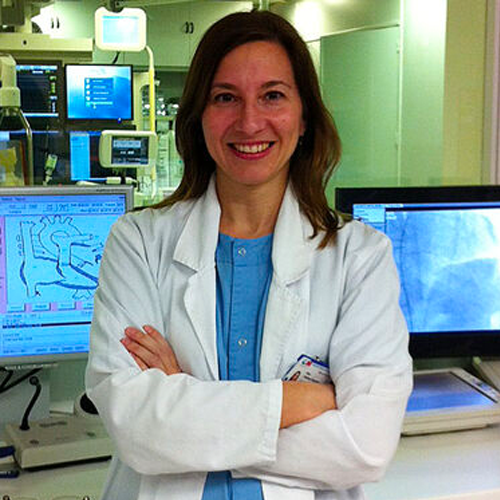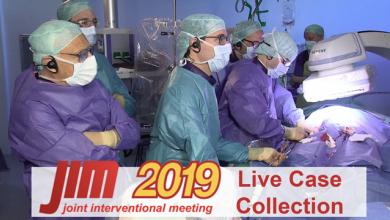Search results
PROMOTED
Author(s):
Nicolas M Van Mieghem
,
Kendra J Grubb
,
David Hildick-Smith
,
et al
Start date:
Mar 26, 2024
Author(s):
Abhishek Joshi
,
Andrew Wragg
Added:
3 years ago
Simulator training provides the opportunity to acquire and practise technical skills in a safe, controlled and reproducible environment without the risk of harming patients. Although there is no evidence to prove that patient outcomes are worse if trainees undertake interventional procedures, there is an inevitable concern that procedures may not be as safe or successful if undertaken by doctors…
View more
Author(s):
Thijmen W Hokken
,
Joana M Ribeiro
,
Peter P De Jaegere
,
et al
Added:
3 years ago
Evidence-based medicine is the foundation of contemporary clinical practice and results in better clinical outcomes than experience-based medicine.1 Meta-analyses of homogenous randomised controlled clinical trials are the pinnacle of evidence-based medicine and the backbone of the highest recommendations in clinical guidelines.
These randomised trials pertain only to the selected patients who…
View more
Author(s):
Giovanni Amoroso
Added:
3 years ago
The increased incidence of coronary artery disease, as well as the advances in device technology and improved potentialities of percutaneous coronary intervention (PCI), have resulted in a dramatic rise in the number of invasive coronary procedures (both diagnostic catheterisations and PCIs).1 These procedures normally used the transfemoral access, which involves the insertion of a catheter…
View more
Author(s):
Thomas J Fogarty
Added:
3 years ago
The embolectomy balloon catheter is the quintessential tool of the interventional cardiologist. Today, there are many variations on the basic design: they can be used to dilate or occlude vessels, for dissection or anatomical development of planes or to deploy stents, for example. Interventionalists are finding new ways all the time to use them in the vasculature throughout the body. Today's…
View more
Author(s):
Salvatore Brugaletta
,
Hector M Garcia-Garcia
,
Patrick W Serruys
Added:
3 years ago
The identification of vulnerable plaques has been a longstanding challenge for interventional cardiologists. Plaque composition is regarded as an important feature for assessment of plaque vulnerability. Histopathologists have in particular shown that the type of plaque most commonly prone to rupture in vivo is the thin-cap fibroatheroma (TCFA), in which the presence of lipid core (also called…
View more
Author(s):
Yasar Sattar
,
Prasanna M Sengodan
,
Mustafa Sajjad Cheema
,
et al
Added:
10 months ago
Pilar Jimenez-Quevedo
Research Area(s) / Expertise:
Author
Expertise
JIM 2019 Live Cases
Video Series
Craig Thompson
Research Area(s) / Expertise:
Author















